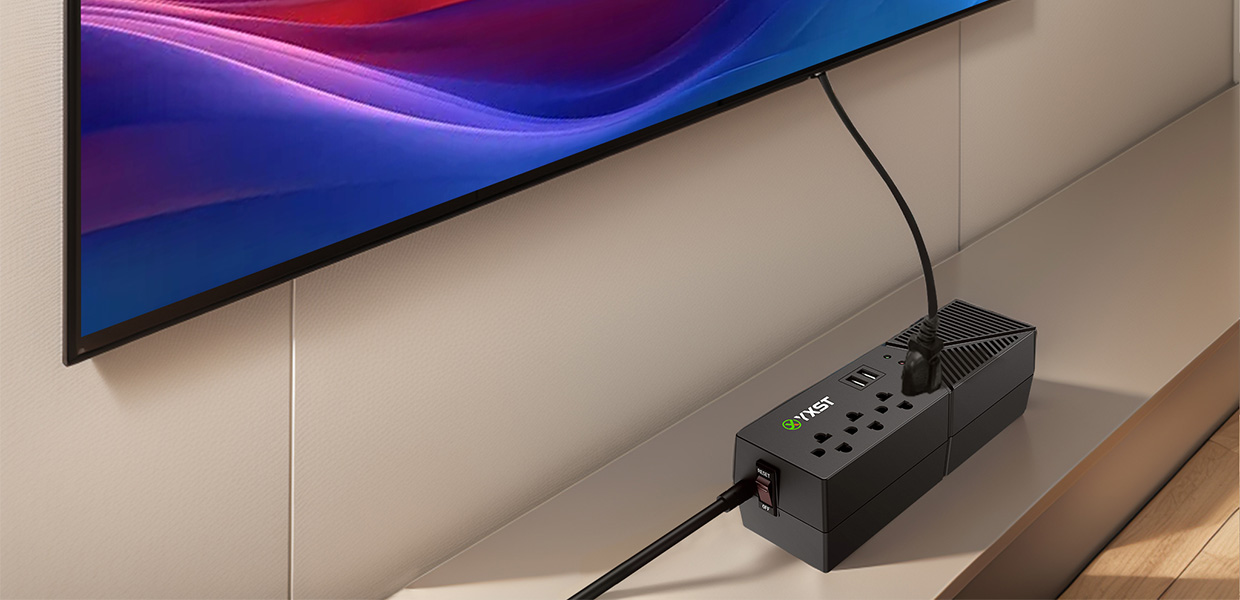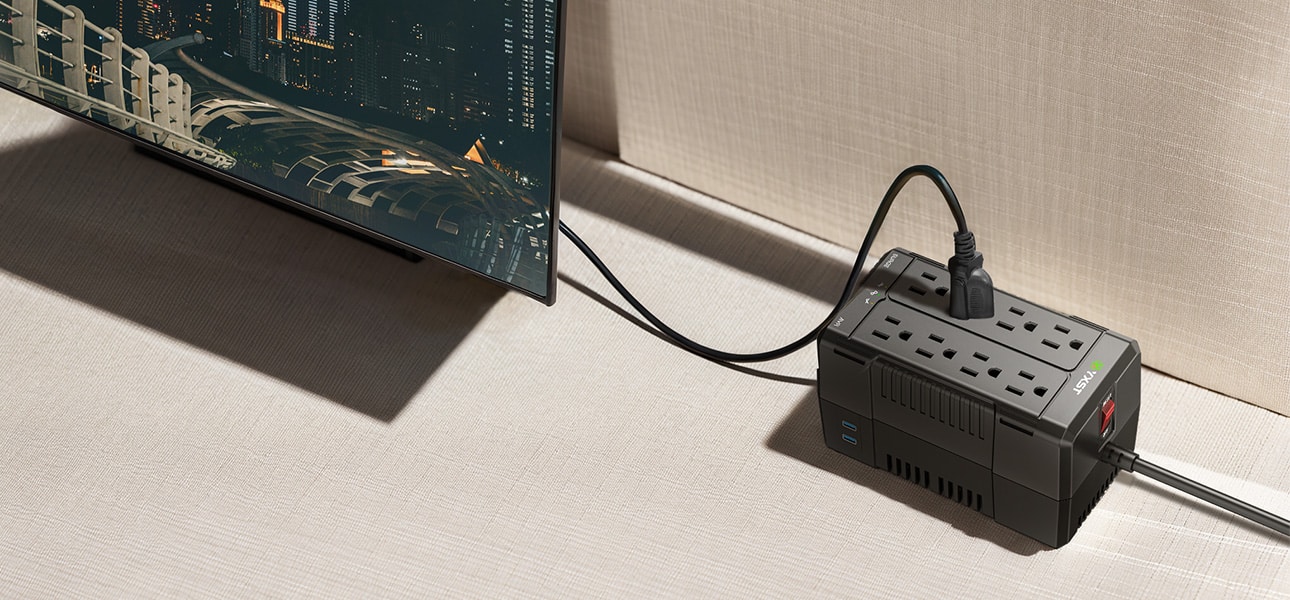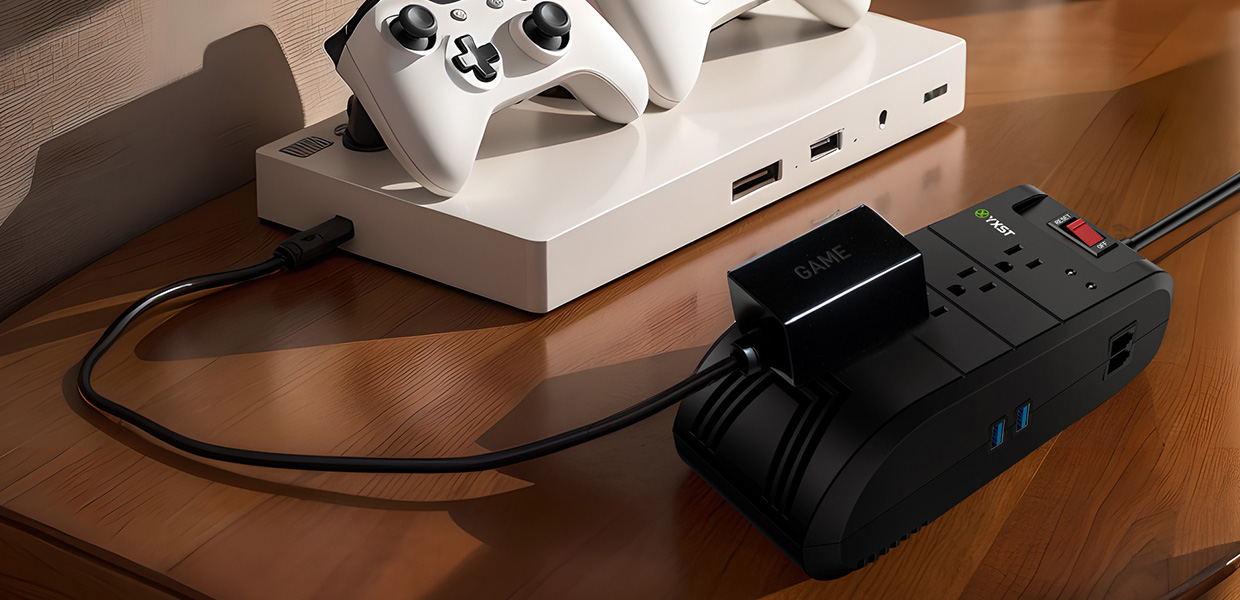Voltage Stabilizer: Analysis of Technology and Application
Date:2025-04-30 Click:1128
In modern power systems, voltage fluctuation is one of the core issues that affect the safety and stability of equipment. As a key device to solve this problem, the AVR (Automatic Voltage Regulator) voltage regulator ensures the stability of the output power supply by real-time monitoring and dynamic adjustment of the input voltage. This article will comprehensively analyze the core value and implementation of the AVR voltage regulator from the perspectives of technical principles, application scenarios, performance parameters and purchase guides.
Technical principle of AVR Voltage Stabilizer
1.1 Basic working principle
The core function of AVR voltage stabilizer is to realize automatic voltage regulation through the closed-loop control system. Its working principle can be divided into the following steps:
1. Voltage sampling: Real-time detection of the fluctuation range of input voltage.
2. Signal processing: Compare the sampling signal with the preset value through the control circuit to generate adjustment instructions.
3. Execution adjustment: Use a servo motor, relay, or electronic switch (such as thyristor) to adjust the autotransformer or circuit parameters to stabilize the output voltage within the target range.
For example, the servo motor type voltage stabilizer achieves voltage compensation by dynamically adjusting the position of the carbon brush and changing the winding turns ratio.
1.2 Core components and technological innovation
- Adjustment mechanism: including contact autotransformer (traditional carbon brush type) and contactless thyristor (modern mainstream), the latter of which achieves millisecond response through the electronic switch to avoid mechanical wear.
- Control circuit: High-precision control module with integrated microprocessor, supporting multiple protection logics such as overvoltage, undervoltage, and short circuit.
- Sensing and feedback system: Some high-end models are equipped with LED displays to display voltage and load in real-time, improving user interactivity.
AVR Voltage Stabilizer's home scene adaptation solution
AVR voltage stabilizers provide stable power protection for home electronic devices by dynamically adjusting input voltage fluctuations. The following analyzes the demand characteristics and adaptation solutions for four types of commonly used devices:
Desktop computer
Core risk: The motherboard, hard disk, and graphics card are sensitive to voltage. Input voltage lower than 165V may cause abnormal hard disk head reset or data loss; instantaneous high voltage (such as a lightning strike) may break down the power module.
Adaptation solution: You need to select a voltage stabilizer with an input range of ≥120V, an accuracy of ±2%, a short response time, and support for instantaneous overload capabilities to avoid voltage drops in high-load scenarios such as game rendering.
Game console
Dynamic load challenge: At 4K resolution, the instantaneous power consumption of the GPU can reach 3 times the nominal value, and a sudden voltage drop may trigger forced sleep.
Adaptation solution: Short response time, overload protection, equipped with surge suppression function (can absorb 6000A transient current).
TV
Wide voltage compatibility misunderstanding: Although most TVs support 100-240V input, long-term low voltage (<200V) will accelerate the aging of the power adapter, causing screen flickering or backlight module damage.
Adaptation solution: The voltage stabilizer supports multiple devices in parallel (TV + audio), and the efficiency is ≥97% to reduce its own power consumption.
Laptop
Portability requirements: Although the adapter has a built-in wide voltage circuit, in areas with severe power grid fluctuations, the voltage stabilizer can extend the battery cycle life and prevent the charging chip from overheating (such as the internal temperature rises by 19℃ when 180V input).
Adaptation solution: Prefer wall-mounted or desktop relay-type voltage stabilizers, equipped with LED status monitoring, and low noise.
Installation, use, and maintenance
Installation specifications
- Environmental requirements: Avoid high temperature, humidity, and dusty environments, and ensure heat dissipation space.
- Wiring safety: Three-phase equipment must strictly distinguish between live wire, neutral wire, and ground wire to prevent phase misalignment.
Precautions for use
- Load management: Avoid long-term overload operation and regularly check whether the connection terminals are loose.
- Status monitoring: Real-time tracking of voltage and load status through a display screen or remote monitoring system.
Maintenance strategy
- Regular inspection: Check the voltage stabilization accuracy and protection function response once every six months.
- Cleaning and maintenance: Use compressed air to remove internal dust and extend the life of electronic components.
Conclusion
As the "guardian" of the power system, the technological evolution of the AVR Voltage Stabilizer has always revolved around accuracy, efficiency, and reliability. Whether it is industrial heavy equipment, commercial infrastructure, or household electricity, choosing the right voltage stabilizer and following scientific usage specifications will become the core strategy to ensure equipment safety and energy efficiency.
(Note: The content of this article is compiled from multiple technical documents and product manuals. The specific parameters shall be subject to the actual device.)




